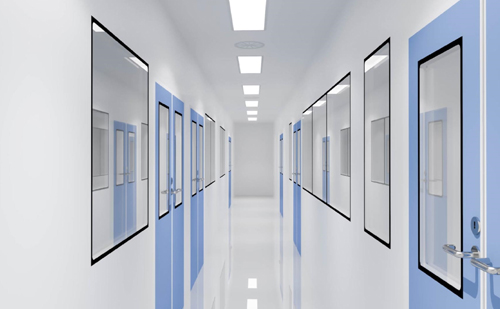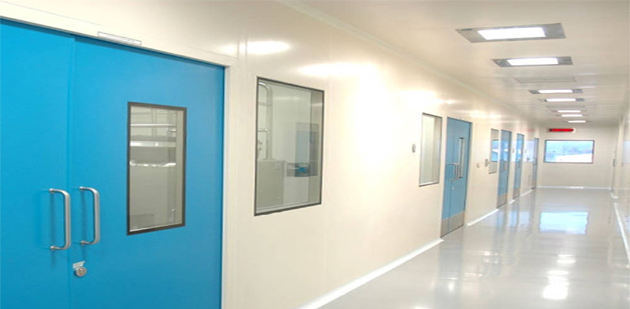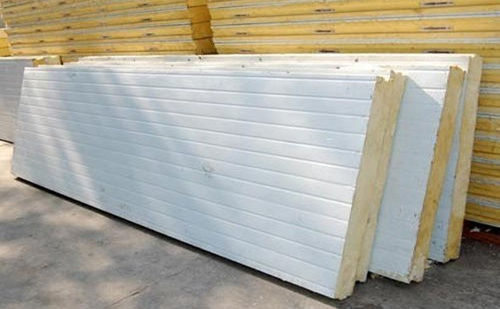
CLEAN ROOM DOORS
Clean room doors are specially designed doors that are used in controlled environments such as clean rooms, laboratories, pharmaceutical facilities, and other critical areas where maintaining cleanliness, sterility, and control of particulate contamination is essential. These doors play a crucial role in preventing the entry of contaminants from the outside environment into the controlled area, ensuring the integrity of the controlled environment.
clean room doors are critical components in maintaining the integrity and cleanliness of controlled environments. Their design and features are aimed at preventing contamination, ensuring airtight seals, and facilitating easy cleaning and maintenance to meet the stringent requirements of clean room environments.
Clean room doors often incorporate access control mechanisms to restrict entry and monitor personnel movement. These may include features such as keycard readers, biometric scanners, or interlocking systems to prevent multiple doors from being open simultaneously.

CLEAN ROOM PANELS
A clean room panel is a prefabricated panel used to construct a clean room. Clean rooms are used in a variety of industries, including manufacturing, healthcare, and research, where it is important to control the amount of dust, dirt, and other particles in the air. Clean room panels are made from materials that are smooth, non-porous, and easy to clean, and they are often coated with a sealant to further reduce the risk of contamination.
- Clean room panels are typically installed in a modular fashion, which makes them easy to install and disassemble. This can be helpful if the clean room needs to be expanded or renovated in the future.
- Clean room panels are available in a variety of sizes and thicknesses to meet the specific requirements of each clean room project. This versatility makes them a good choice for a wide range of applications.
- Clean room panels are made from durable materials that can withstand the rigors of a clean room environment. This includes exposure to chemicals, moisture, and high-traffic areas.
- Environmentally-friendly and have an energy recovery system with high efficiency available for every configuration.
- Clean room panels are a cost-effective option for constructing a clean room. They are less expensive than traditional construction methods, and they can be installed quickly and easily.
Clean room panels are an important component of any clean room facility. They help to create a controlled environment where the risk of contamination is minimized. This is essential for a variety of industries, where the production of high-quality products or the safety of patients or research subjects is paramount.

COLD ROOM PANNELS
Cold room panels are prefabricated panels used to construct cold rooms, freezers, and other temperature-controlled environments. They are typically made of two sheets of metal, with a layer of insulation sandwiched in between. The metal sheets can be made of galvanized steel, stainless steel, or aluminum, and the insulation can be made of polyurethane foam, polystyrene foam, or fiberglass.
- Cold room panels are highly insulated, which helps to reduce energy costs. This is because the insulation helps to prevent heat from escaping from the cold room, which means that the refrigeration unit has to work less hard to maintain the desired temperature.
- Cold room panels can be installed quickly and easily, which can save time and money. This is because the panels are prefabricated, so they do not need to be custom-made.
- Cold room panels are strong and durable, and they can withstand the harsh conditions found in cold rooms. This is because the panels are made from high-quality materials, such as galvanized steel and polyurethane foam.
- Cold room panels are made from non-toxic materials, which helps to improve safety. This is important because cold rooms often contain food and other products that could be contaminated if they come into contact with harmful chemicals
Cold room panels are a versatile and cost-effective solution for a variety of applications. They are used in a wide range of industries, including food processing, pharmaceutical manufacturing, and retail.
